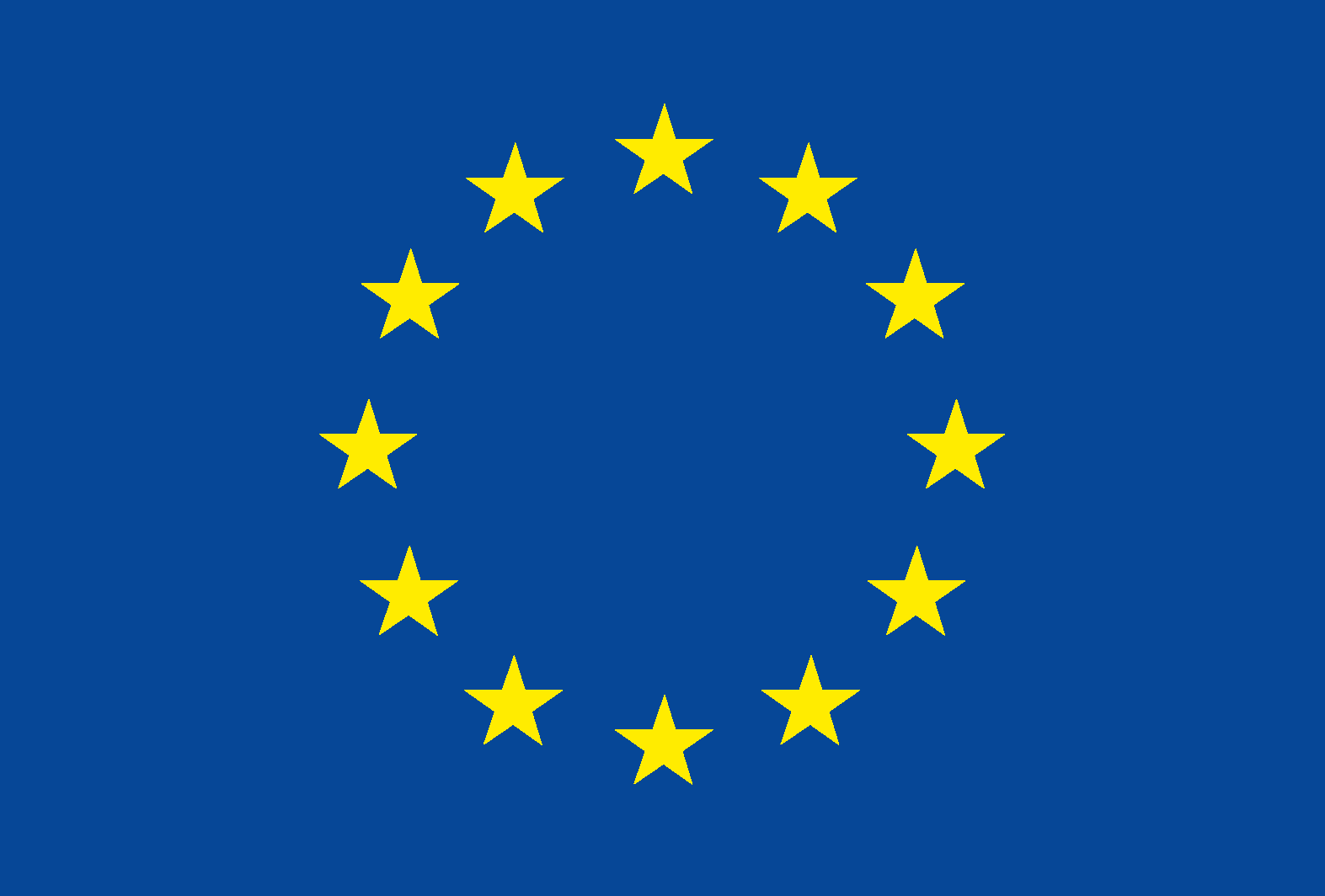In the framework of the EUROSHIP project, on the 1st July 2020 the Italian Partners of the project held the first meeting of the Italian National Stakeholder committee with the participation of Nicola Marongiu, CGIL, Nicoletta Teodosi of CILAP – EAPN, Luisa Bosisio Fazzi del Forum Italiano Disabilità Vittorio Gattari from Consiglio Nazionale Giovani and Caterina Arciprete and Mario Biggeri from the University of Florence and Matteo Jessoula, Roberto Pedersini and Maria Galanti from the University of Milan.
After the presentation of the Euroship project the discussion focused on the concept of social resilience, which is a pivotal concept in the EUROSHIP framework.
Luisa Bosisio Fazzi (Forum Italiano Disabilità) underlined that resilience can be easily observed while dealing with the lived lives of persons with disabilities (and of their families). The recent COVID-19 pandemic showed which strategies were resilient and which ones were not. Institutionalization, for instance, proved to be a non-resilient strategy: in some cases institutions became main sites of the epidemic with huge losses in terms of human lives.
The lack of access to rights is the main vulnerability and the main factor hampering resilience building processes. Therefore there is a necessity to work at the local level and support access to rights, with the focus on providing access to services and promote accessibility. Often effective resilience mechanisms can be found at the local level while national or supranational level policies are often too far from the lived lives of people to achieve an actual impact in absence of some mediating local level mechanism. Moreover Marongiu highlighted the role of participation as an essential component of resilience and, in particular, of transformative resilience.
Finally, demography is a relevant determinant of resilience: resilience requires the mobilization of resources and ideas, openness toward innovation etc. These are all qualities that can be more easily found where the population is young and where the youth has the opportunity to fully participate in society (including having access to decent employment).
Nicoletta Teodosi (CILAP-EAPN) observed the difference between aggregate and idiosyncratic shocks. The last three decades saw a growing distance between the rights set forth in national and super-national legal frameworks and the actual access to these rights. Because of this distance, nowadays, we are all more vulnerable than before.
The second part of the meeting was introduced by Matteo Jessoula (coordinator of the research unit at the University of Milan), who first presented the WP4 “Closing gaps in social citizenship through minimum income schemes” outlining the aims, methods and main tasks of the comparative research.
The presentation was followed by a lively discussion on the WP and the relationship between minimum income and minimum wages as well as the relationships between transformational resilience, community networks, (social/political) participation and demography.
Participation and community ties (both emotional and material) are key to resilience. It is important to analyse MIS in the context of other relevant policies, such as labour market and employment policies, social services, tax policies. MIS are unlikely to be fully effective against poverty if tax policies and pre-distributive measures on the labour market bring about limited redistribution.
The conversation then focused on the exclusion of people with disabilities from MIS and the importance to monitor and assess both eligibility rules and benefit levels for people with disabilities in MIS across European countries. In Italy there are also data limitations regarding data on poverty and children with disabilities aged 0-5 at the national level in Italy.

